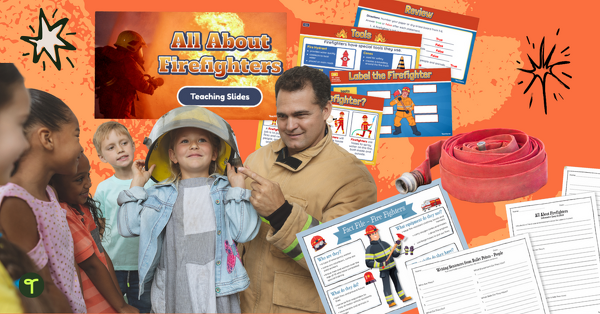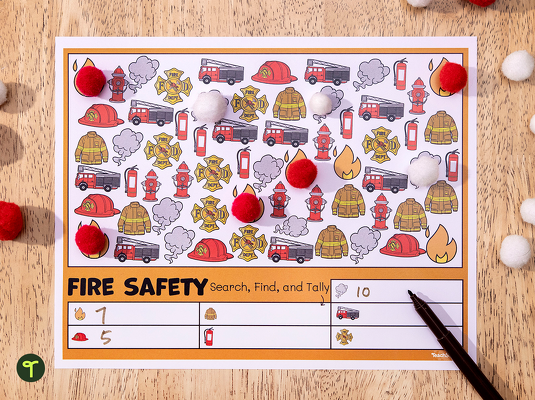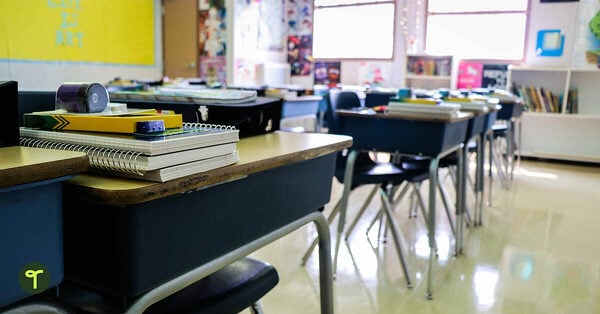If you’re looking for alternatives to traditional homework, maybe you’re about to jump on the no homework train along with teachers all across the country. Or maybe you’re just looking for some options instead of assigning homework over a weekend or a holiday break.
We can’t tell you if dumping homework outright is right for you, but we can tell you that there are districts from Vermont to Utah that have banned homework on the elementary school level. We took a look at what they’re doing to provide alternatives to homework that might work in your classroom!
Is Homework Bad? What the Research Says
The debate over whether kids should get nightly homework is hardly new — legislators in California first banned homework back in 1901, then loosened the reins on teachers in 1929. Districts have debated the issue off and on ever since, with more and more opting to ban homework in recent years.
Some of the most popular research on the topic comes from a Duke University professor named Harris Cooper whose 2006 meta-analysis of research into homework and achievement over a 16-year span revealed something that might surprise you. Cooper said there was evidence of a positive correlation between homework and student achievement. Yup, the guy most quoted by homework ban proponents says there are benefits.
So what’s the catch? Cooper surmised that the correlation was much stronger for older kids in grades 7 through 12 than for elementary students. The analysis couldn’t pinpoint one specific reason why homework might be less of a boon for younger students but noted that younger students tend to be more distracted in the home environment than their older peers and have less effective study habits, making work they’re doing out of the classroom less effective overall. There’s also some evidence that homework assigned to younger students isn’t always about achievement — sometimes it’s merely about developing time management skills.
Cooper’s not the only one to come to this type of conclusion, either. Australian professors Richard Walker and Mike Horsley reviewed international research on homework and published a book, Reforming Homework, in 2013. In the book, the professors posit that homework for young kids has little to no value — at least when it comes to academic achievement.
What Are Some Alternatives to Homework?
Of course, this all brings us to the big question: What are some alternatives teachers can use to replace traditional homework assignments?
Storytelling
There’s no official homework at the Cambridgeport School in Cambridge, Massachusetts, but kindergartners are encouraged to simply tell their parents stories — with no official due date or grades. Not only does storytelling “homework” inspire students to make purposeful talking a practice, but it can also inspire them to begin writing as they become eager to write down their stories.
Send home fun finger puppets for kids to use to act out their stories:
[resource:3782906][resource:4266202]
Learn a New Word
Instead of assigning a list of spelling words to memorize or vocabulary words to use in sentences, try this homework alternative: Ask your students to choose one “new” word they hear each week and write it down on an index card along with the definition to be turned in to you on Friday.
The word can come from a conversation with a parent, a book they read, a movie they watched … the sky’s the limit! But sometime between hearing it and turning in the card, they need to look it up in a dictionary to find out what it means.
Kids can volunteer to share their word with their classmates, or you can choose a few from the pile to share.
Alternative: Have students write their new words and definitions in a composition notebook. By the year’s end, they’ll have their own mini dictionary.
Board Games
When Cherry Park Elementary in Oregon banned homework, they opted to make sure kids had games to play at home with their families. Not only are they fun and a great way to bond with family members, but board games help teach young kids patience and teamwork.
Print any of these games for kids to choose from — if they don’t bring them back, you can just print another copy!
Alternative: Send home blank game boards, and encourage kids to make up their own games!
Free Reading
Yes, it really can be that simple. This is a popular homework alternative at many of the schools in the US that have banned homework. At the Orchard School, a public pre-K-5th grade elementary school in Vermont, for example, kids are told to “Read just-right books every night (and have your parents read to you too).”
If you’re officially avoiding homework, avoid tying a reading log to the process. Instead, consider allowing students to “check out” books from your classroom library to share with their families. Assigning a due date teaches responsibility.
Help your students make their book picks:
[resource:3750534][resource:4666899]

Unfinished Work
A Texas second-grade teacher went viral in 2016 for her no-homework policy, and you can feel free to borrow Brandy Young’s alternative to homework: Just finish what you didn’t complete in class.
Ownwork
Some schools have initiated an “ownwork” alternative to traditional homework. That means kids get to choose what they want to do on their own (get it?), and log the time spent and amount of time they did it. The task can be anything a child wants — making paper airplanes, playing with LEGO, reading a graphic novel — encouraging kids to see the educational elements in the real world.
Didn’t see a homework alternative that was just right for your classroom? Feel free to keep trying to find the right fit for your classroom. Cooper himself has said teachers should be given “some flexibility to take into account the unique needs and circumstances of their students and families.” After all — you know your kids best!
What is your classroom homework policy?
Banner image via shutterstock/wavebreakmedia







Comments